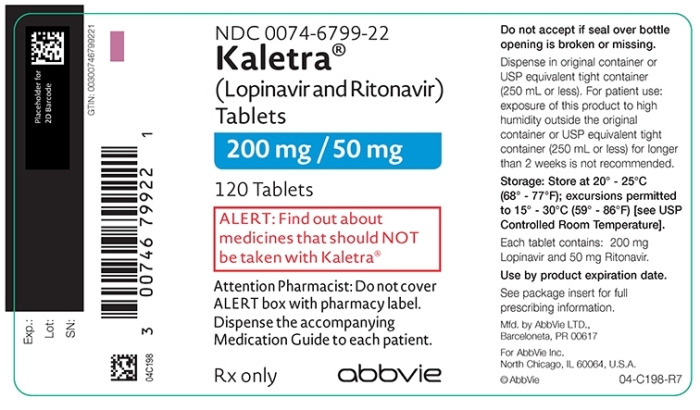The COVID-19 is being treated with the drugs Lopinavir and Ritonavir in various countries. In India, these drugs were approved by The Drugs Controller General of India (DCGI) as a protocol for the restricted public health emergency.
The protocol as excerpted by TNIE reads: "In view of the earlier evidence about the effectiveness of lopinavir/ritonavir against SARS and MERS-CoV, the Indian Council of Medical Research (ICMR) has suggested off-label emergency use of lopinavir/ritonavir combination for symptomatic COVID-19 patients detected in the country."
Coronavirus 'disappears'
While experts at the University of Queensland in Brisbane said Chloroquine, an anti-malarial drug, and HIV-suppressing combination lopinavir/ritonavir-- which are already existing drugs, have shown promising results in human tests while making the novel coronavirus 'disappear' in infected patients, according to news.com.au
"Patients would end up with no viable coronavirus in their system at all after the end of therapy," said Prof David Paterson, who is an infectious disease physician at the Royal Brisbane and Women's Hospital. It wasn't a stretch to label the drugs "a treatment or a cure" he added. However, the treatment using these drugs in India is 'still in an experimental phase', according to the report and would be used on a case to case basis.

How this drug works?
Lopinavir/ritonavir, the anti-HIV drug being tested, is most commonly sold under the name Kaletra. This drug comes under a type called protease inhibitor, which works by stopping viruses from using an enzyme called protease, which is a key enzyme for the virus to spread.
Thus it inhibits the development of fully-matured clones of the virus, to be able to infect other healthy cells, so the infection can't spread. This is the main function of Kaletra.
India, however, would include patients only those who are associated with a higher risk of mortality, aged more than 60 years, hypertension, diabetes mellitus, renal failure, chronic lung disease and immunocompromised persons, while excluding those with hepatic impairment among others.
In case of Australia, "What we want to do at the moment is a large clinical trial across Australia, looking at 50 hospitals, and what we're going to compare is one drug, versus another drug, versus the combination of the two drugs," Prof Paterson said. He hopes to enrol patients by the end of March.
Of the 375 confirmed cases in Australia, 27 have recovered and five have died from COVID-19. while in India 129 were confirmed with 13 recoveries and three deaths.









